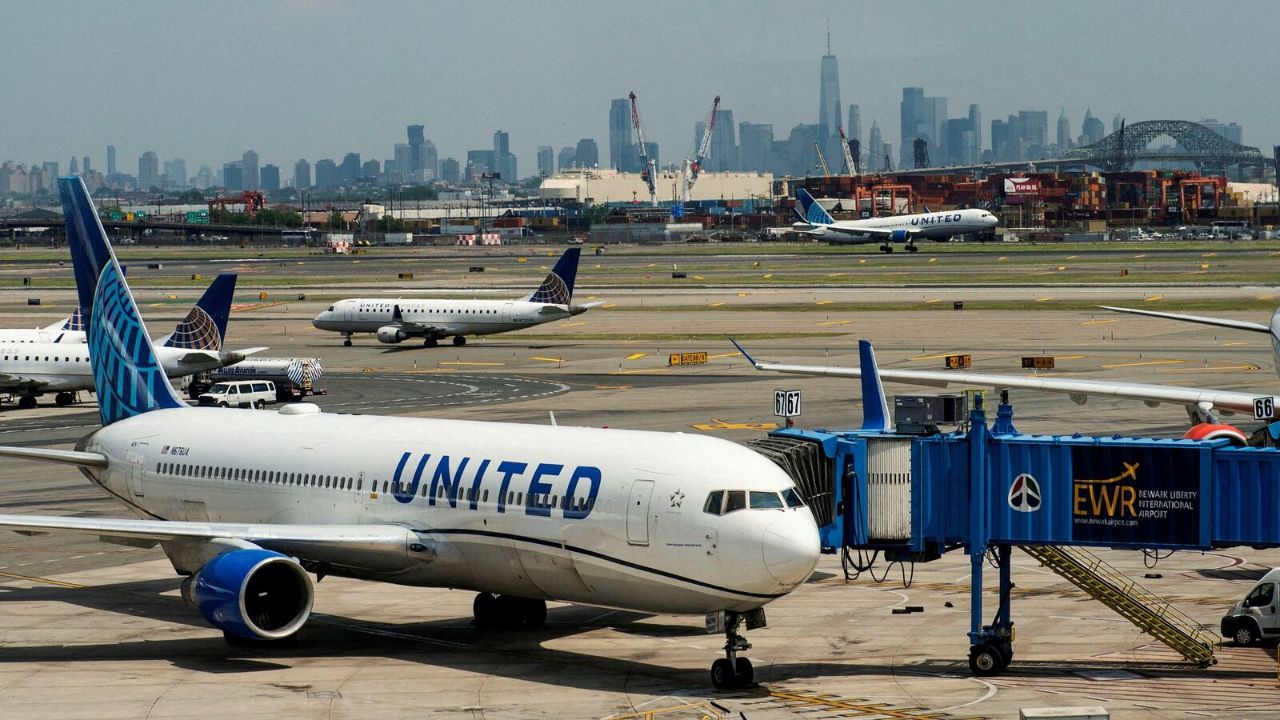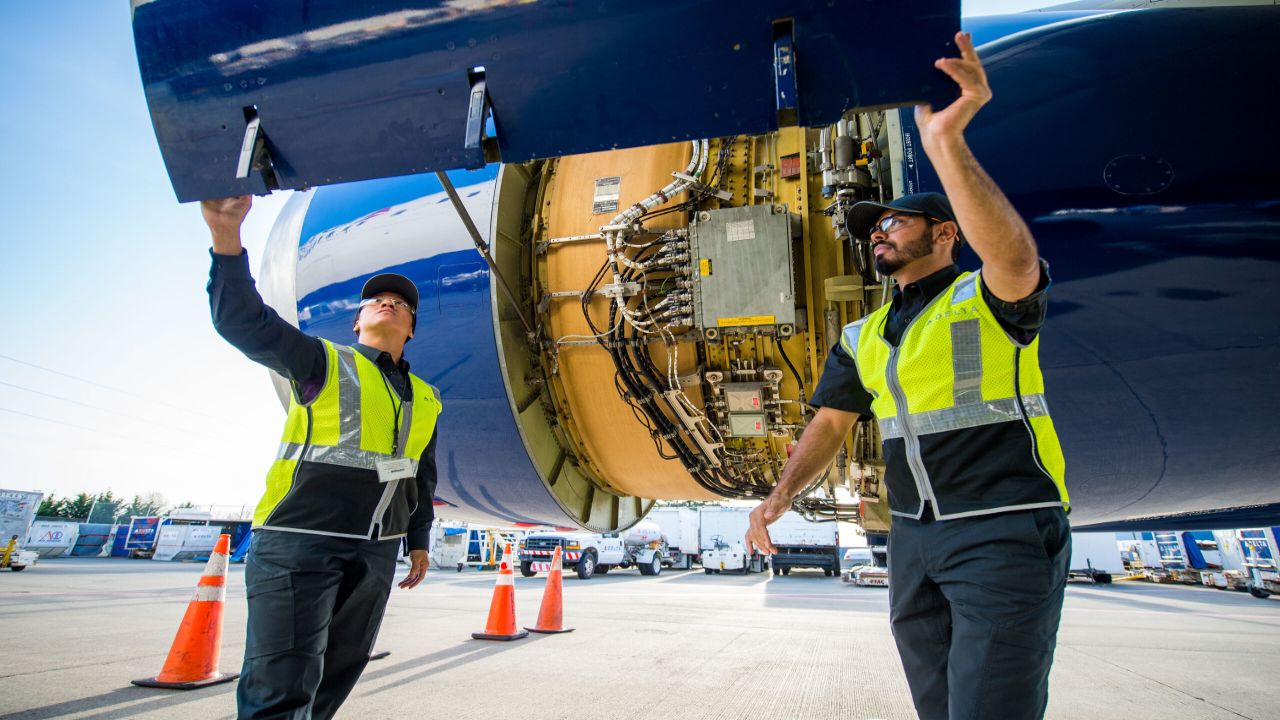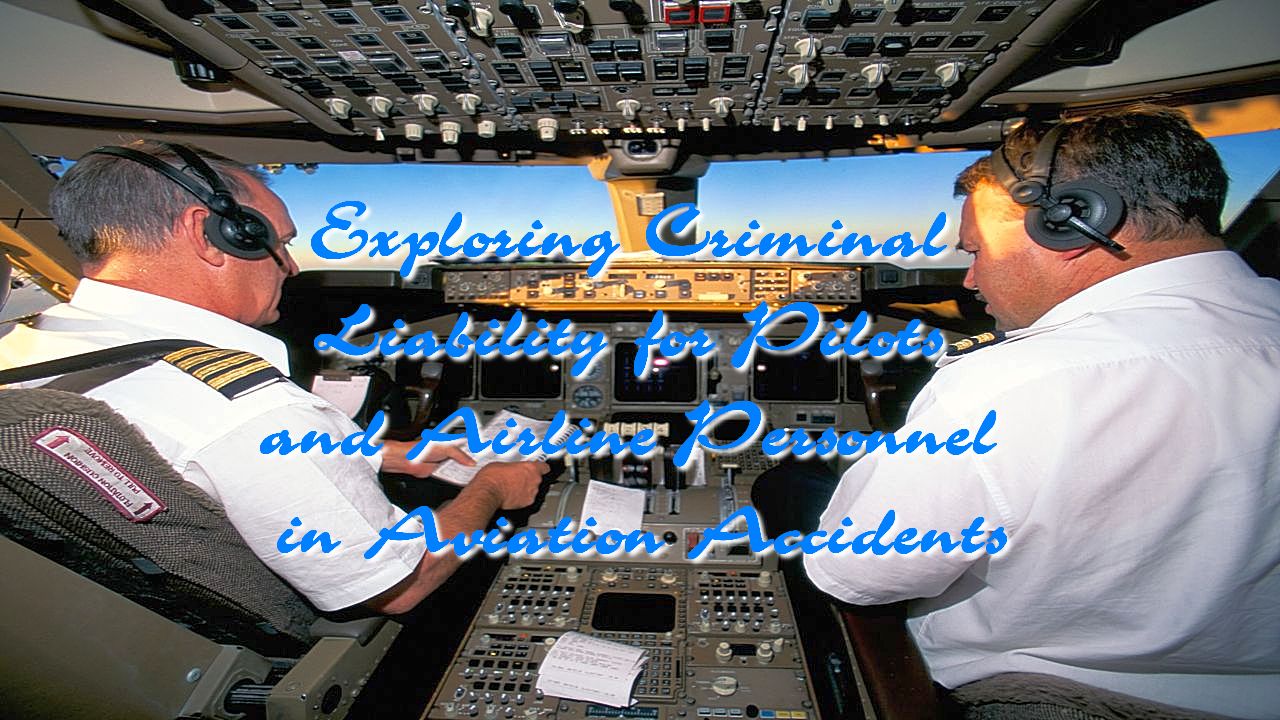In the safety-sensitive realm of aviation, the responsibilities placed upon pilots and airline personnel are immense. These professionals bear the weight of ensuring the safety of passengers, crew, and the public at large. However, when accidents occur, the legal landscape can become complex and unforgiving. If you’re working in aviation and need legal assistance, a skilled Hudson County criminal lawyer may be your option; they determine the extent of criminal liability for pilots and airline personnel involved in aviation accidents. In the meantime, this study reveals the multifaceted legal landscape in which criminal charges may arise after tragic incidents.
Negligence and Recklessness

In the aftermath of an aviation accident, the focus often shifts to determining whether negligence or recklessness played a role. Pilots and airline personnel can face criminal liability if their actions, or lack thereof, are found to be negligent and have contributed to the accident. Negligence may involve a failure to adhere to established safety protocols, while recklessness implies a conscious disregard for known risks. The legal threads unraveling in these cases demand a meticulous examination of the circumstances surrounding the accident and the decisions made by those at the helm.
Pilot Error Investigations
The pilot error remains a significant factor in aviation accidents. Investigations scrutinize the actions and decisions made by pilots leading up to and during the flight. From misinterpreting instrument readings to inadequate communication with air traffic control, any lapses in judgment can become focal points in a criminal inquiry.
The Role of Maintenance and Ground Personnel

Beyond the cockpit, the actions of maintenance and ground personnel can also come under legal scrutiny. Inadequate maintenance practices or improper inspections can contribute to accidents, and those responsible may face criminal charges. Whether it’s a failure to detect a mechanical issue or neglect to address known problems, the legal ramifications for maintenance and ground personnel extend beyond civil liability, potentially leading to criminal consequences.
Regulatory Compliance
Aviation operates within a tightly regulated framework governed by national and international bodies. Pilots and airline personnel must adhere to strict guidelines and standards. Failure to comply with these regulations can result in not only administrative penalties but also criminal charges. Navigating the legal framework requires a comprehensive understanding of aviation law, and legal professionals specializing in criminal defense must be adept at deciphering the intricacies of these regulations to build a solid defense.
The Human Factor
In some cases, criminal liability may stem from psychological or behavioral issues affecting pilots and airline personnel. Issues such as substance abuse, mental health challenges, or personal problems can impair judgment and decision-making, leading to tragic consequences. Legal proceedings may involve an exploration of the individual’s mental state and whether it played a role in the accident.
In conclusion, the exploration of criminal liability for pilots and airline personnel in aviation accidents unveils a legal landscape where negligence, recklessness, regulatory compliance, and human factors intertwine. The aftermath of an aviation accident requires a nuanced understanding of both aviation and criminal law. As legal professionals navigate this intricate terrain, the goal is not only to uncover the truth behind the accident but also to ensure a fair and just legal process for those involved in the high-stakes world of aviation.
